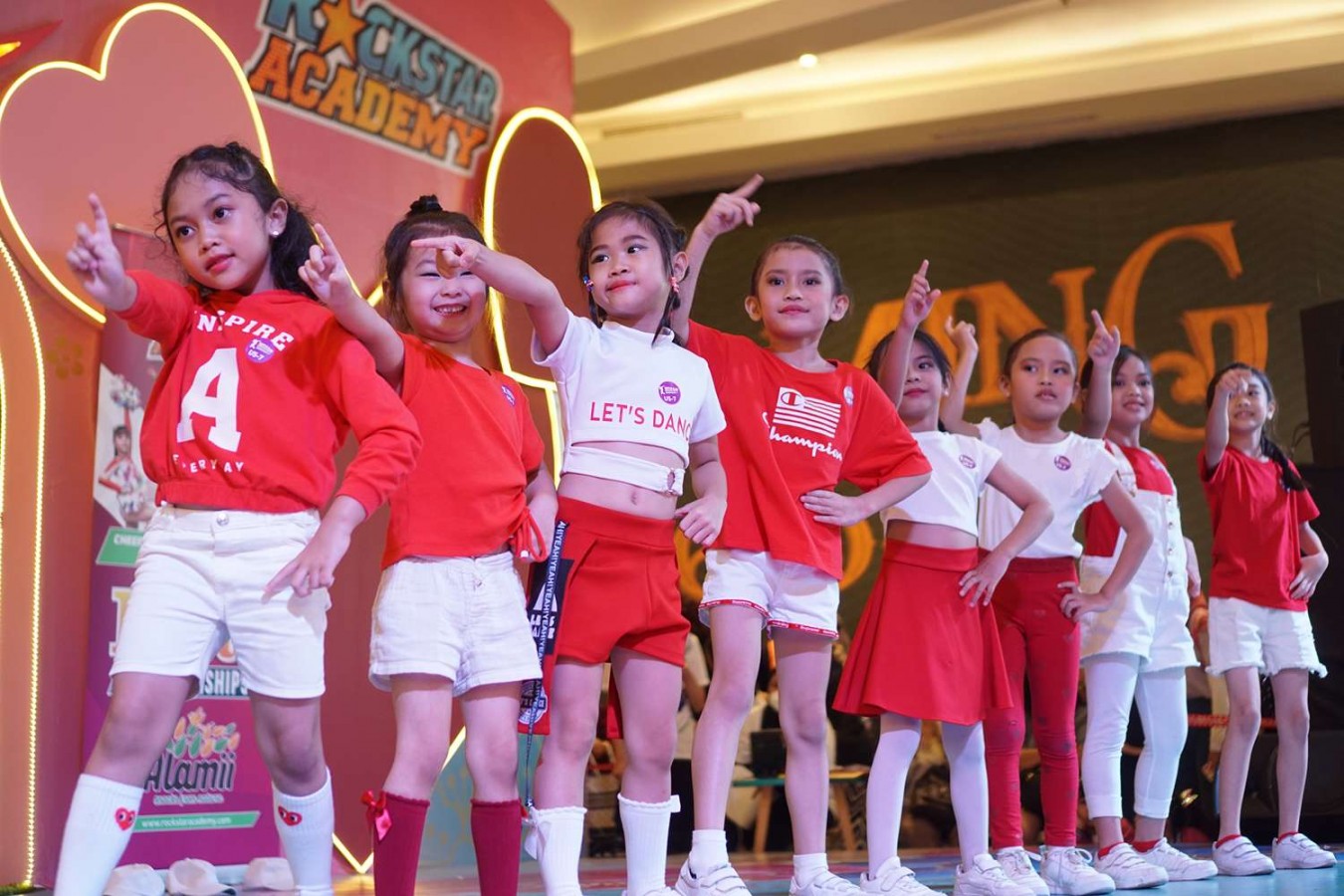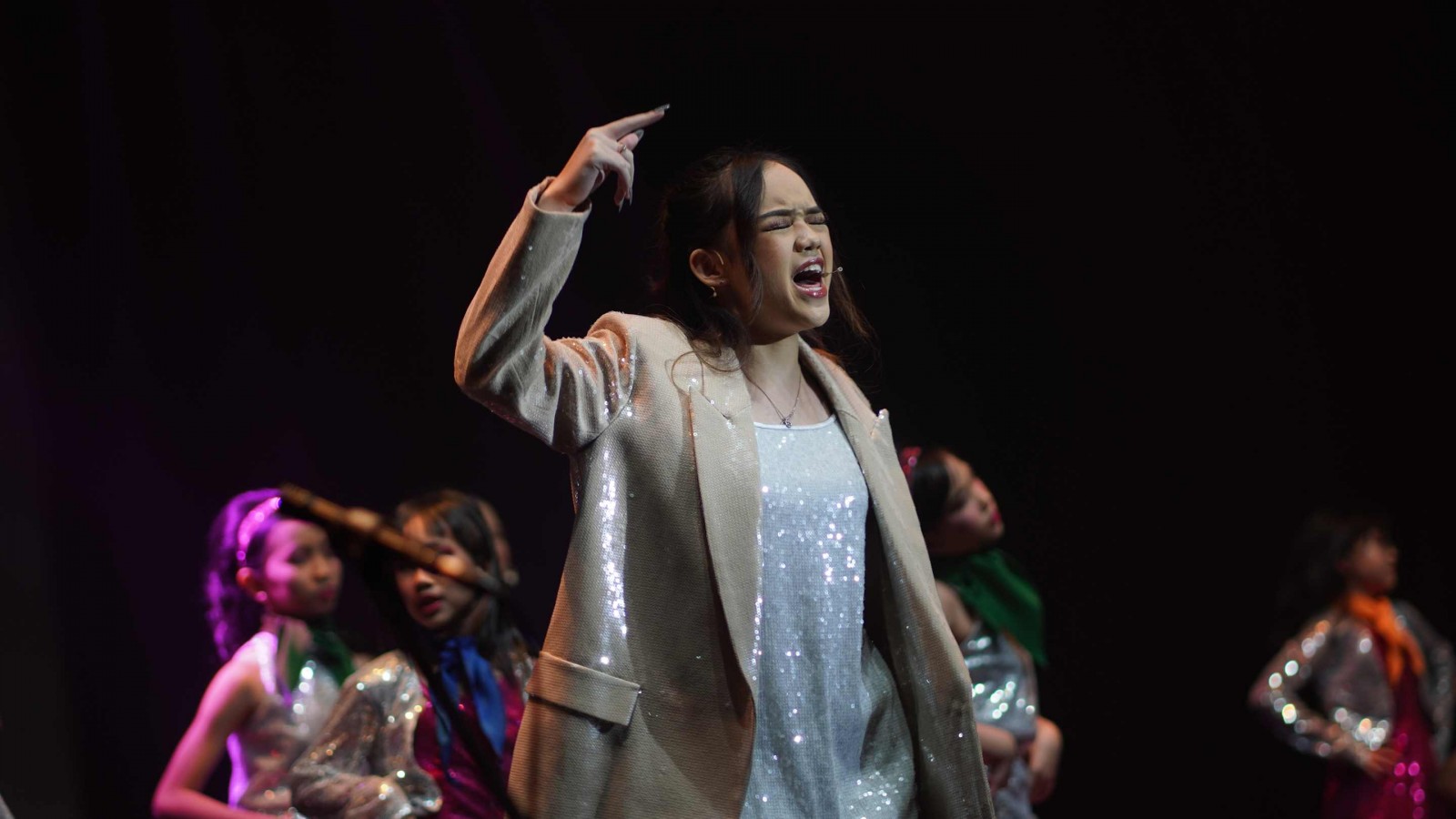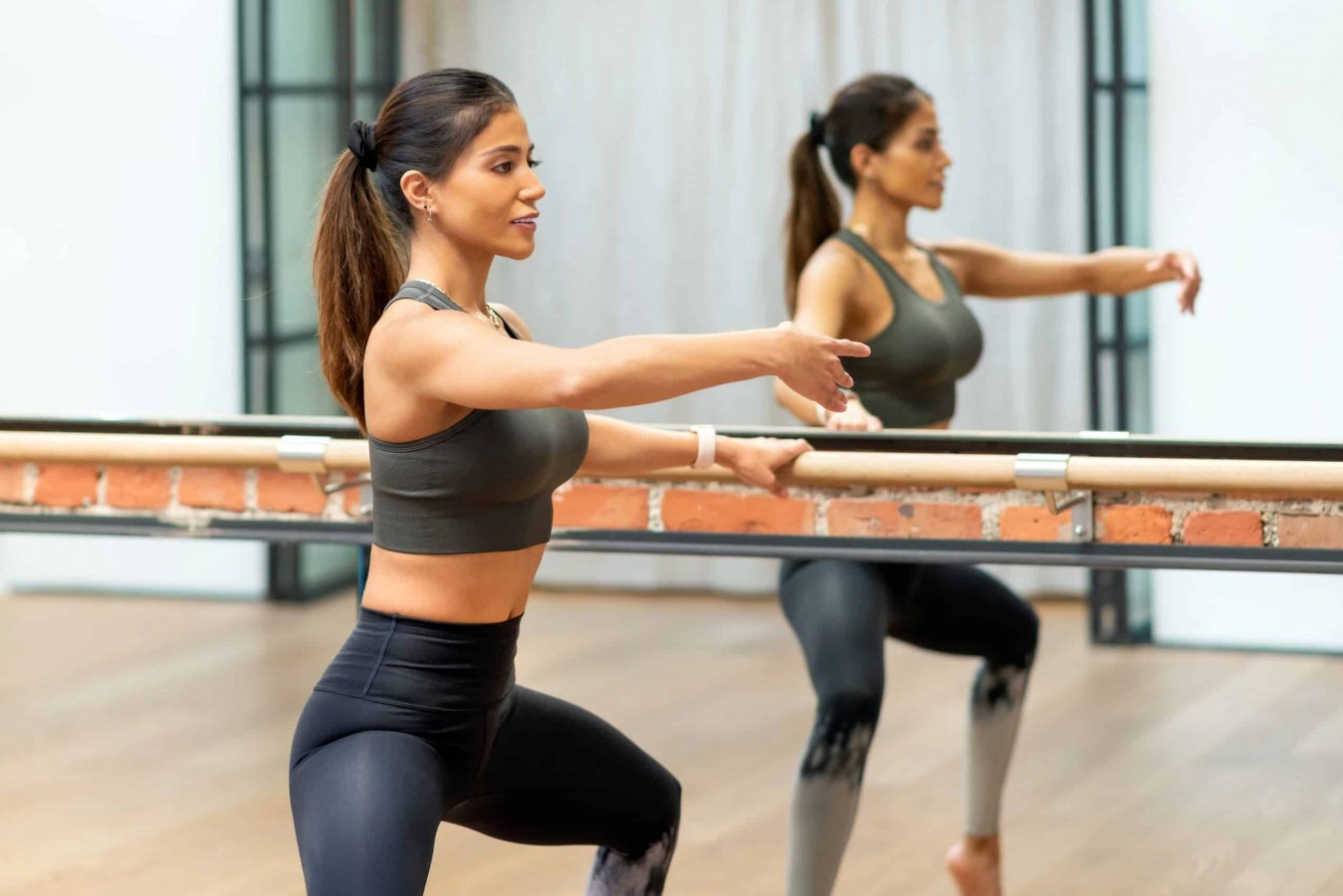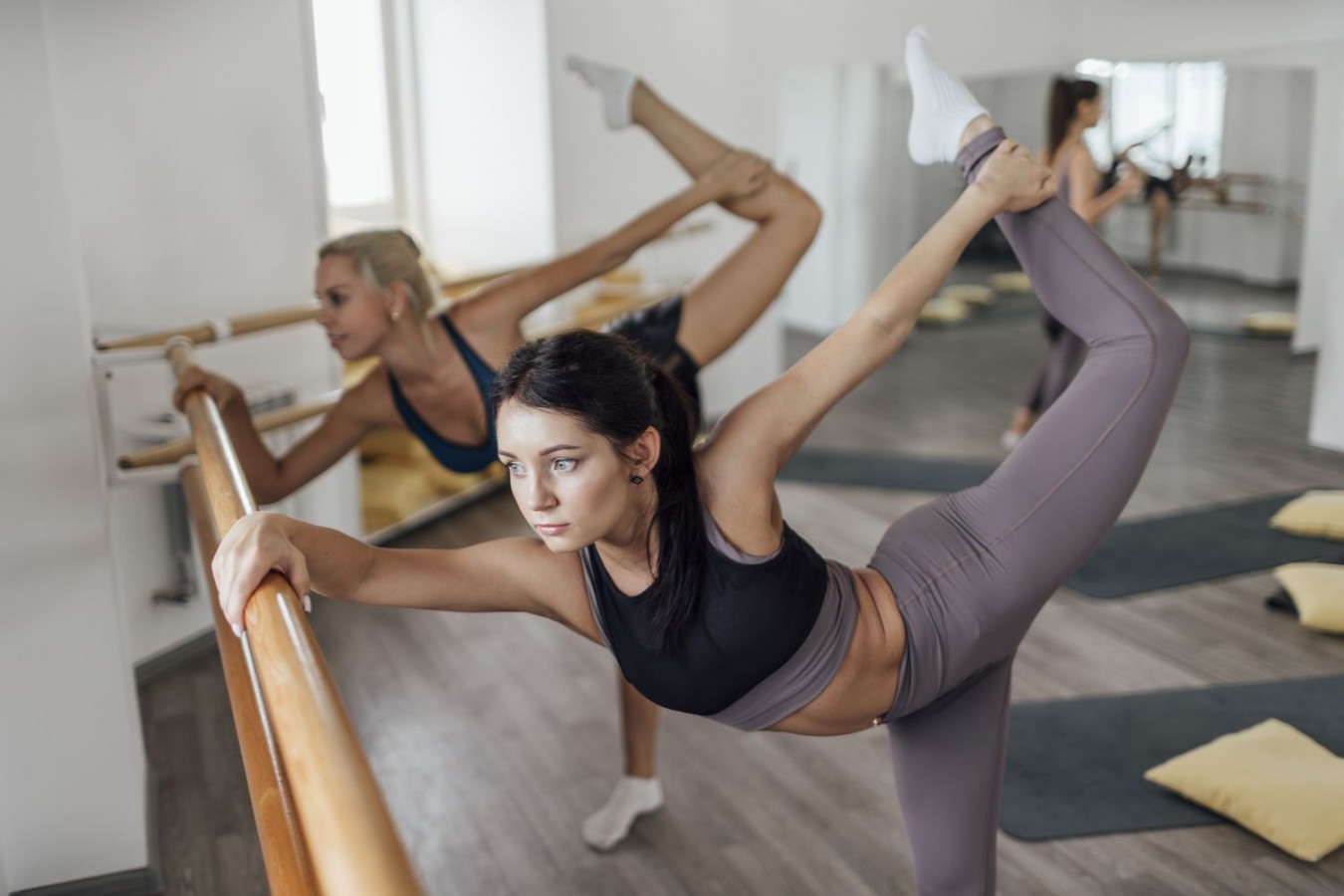Can I Dance While Fasting? Here's The Answer!

Fasting during the holy month of Ramadan is a significant spiritual practice observed by millions of Muslims worldwide. It involves abstaining from food, drink, smoking, and other physical needs from dawn until sunset. However, for many dancers and performers, the question arises: Can I continue to dance while fasting?
The answer is a resounding yes! Dancing while fasting is not only possible but can also be a rewarding experience for dancers. In this article, we'll explore the practice of dancing while fasting, how dancers can navigate this period, what happens to the body during dance while fasting, and the potential benefits it can bring.
Practicing Dance While Fasting
Dancers often wonder if they can maintain their rigorous dance schedules while observing Ramadan. The good news is that with proper planning and mindfulness, dancers can indeed continue their practice during fasting hours.
It's essential to listen to your body and adjust your routine accordingly. Many dancers choose to schedule their dance sessions during the non-fasting hours, such as early mornings or evenings after breaking their fast. This allows them to stay energized and hydrated while respecting the fasting period.
How Can Dancers Navigate Fasting?
To navigate fasting while dancing, dancers should pay close attention to their body's signals and adjust their routines accordingly. Here are some tips for dancers observing Ramadan:
A. Hydration
It's crucial to stay hydrated during non-fasting hours to replenish fluids lost during dance practice. Drink plenty of water and electrolyte-rich beverages during the pre-dawn and post-sunset meals to prevent dehydration.
B. Nutrition
Focus on consuming nutritious meals during Suhoor (pre-dawn meal) and Iftar (post-sunset meal) to sustain energy levels throughout the day. Include complex carbohydrates, lean proteins, fruits, and vegetables to fuel your body for dance practice.
C. Rest
Get adequate rest and sleep to support your body's recovery process. Aim for seven to eight hours of sleep per night to ensure you're well-rested and able to perform at your best during dance sessions.
D. Moderation
Be mindful of your energy levels and avoid overexertion during dance practice. Pace yourself and listen to your body's cues to prevent fatigue and injury.
E. Mindfulness
Use this time of spiritual reflection to connect with your body and your artistry on a deeper level. Embrace the opportunity to dance with intention and gratitude, honoring both your physical and spiritual well-being.
What Happens to the Body When Dancing While Fasting?
Dancing while fasting can have unique effects on the body due to the temporary changes in nutrition and hydration. During fasting hours, the body relies on stored glycogen for energy, which can lead to a decrease in immediate energy availability.
However, with proper nutrition and hydration during non-fasting hours, dancers can mitigate these effects and maintain their performance levels.
Fasting may also enhance mental clarity and focus, allowing dancers to immerse themselves more fully in their practice. Some people report feeling a sense of heightened awareness and connection to their movements during fasting, which can lead to a deeper artistic expression.
While dancers may experience temporary fluctuations in energy levels during fasting, with mindful planning and self-care, they can continue to dance with passion and vitality throughout Ramadan.
How Fasting Can Still Be Beneficial for Dancers
Despite the challenges, fasting can offer numerous benefits for dancers, both physically and spiritually. Here are some ways fasting can be beneficial:
1. Increased Discipline
Fasting requires a significant level of discipline and self-control as individuals refrain from consuming food and drink during daylight hours. For dancers, who already possess a strong work ethic and dedication to their craft, observing Ramadan can further enhance their discipline.
By adhering to the fasting regimen, dancers develop a heightened sense of self-discipline, which translates seamlessly into their dance practice. This increased discipline can manifest in various aspects of their artistry, including rehearsal attendance, adherence to technique, and commitment to continuous improvement.
2. Physical Detoxification
Fasting during Ramadan offers the body a much-needed break from the continuous cycle of digestion and assimilation. By abstaining from food and drink for extended periods, the digestive system can undergo a process of detoxification and cleansing.
For dancers, whose bodies are their primary instruments of expression, this detoxification process can have profound benefits. Improved digestion, increased energy levels, and enhanced overall well-being contribute to a more vibrant and dynamic dance performance.
Additionally, the temporary reduction in calorie intake may facilitate weight management and body composition goals, further optimizing physical health and performance.
3. Community Connection
Ramadan is a time of communal unity and solidarity, with Muslims coming together to break their fast and share meals with family, friends, and neighbors. For dancers, who often thrive in a supportive and collaborative environment, Ramadan provides a unique opportunity for community connection.
Ready to Dance While Fasting?
In conclusion, the answer to the question "Can I Dance While Fasting?" is a resounding yes! Dancers can indeed continue their practice during Ramadan with proper planning and mindfulness.
As parents, if you see your children interested in dancing, consider enrolling them in a dance program at Rockstar Academy, the premier Sports & Performing Arts Academy.
Their dance programs not only provide a comprehensive curriculum but also offer opportunities for participation in Dance Recital. These competitions not only encourage higher standards of achievement and physical activity but also instill discipline, good sportsmanship, and resilience in handling both victories and setbacks.
Additionally, Rockstar Academy offers a free trial dance class for anyone interested in exploring the world of dance. So, if you're intrigued, don't hesitate to reach out to Rockstar Academy today!
FAQ
Can I dance strenuously while fasting?
It's essential to listen to your body and avoid overexertion during fasting hours. Pace yourself and prioritize self-care to prevent fatigue and injury.
Will fasting affect my dance performance?
While fasting may temporarily impact energy levels, with proper nutrition and hydration during non-fasting hours, dancers can maintain their performance levels and even experience enhanced focus and creativity.
Can I take dance classes during Ramadan?
Many dancers choose to adjust their schedules and take classes during non-fasting hours to ensure they have enough energy and hydration for optimal performance.



